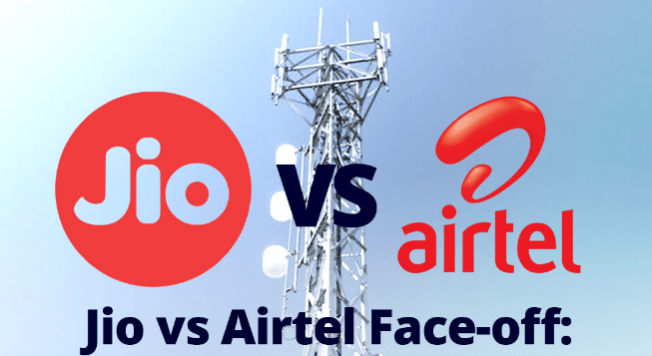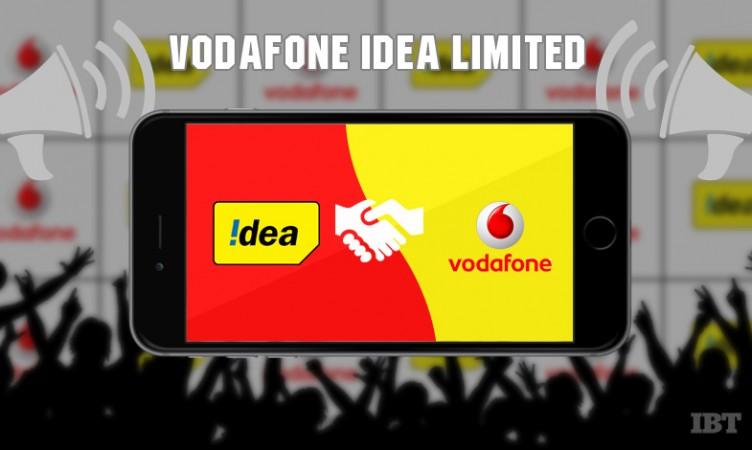
Bharti Airtel and Vodafone Idea have reduced the ring duration for outgoing calls from their networks to 25 seconds from 35-40 seconds to match that of Mukesh Ambani's Reliance Jio Infocomm, worsening the interconnect usage charges (IUC) battle, a media report says. Bharti Airtel has reduced ring duration across its network while Vodafone Idea has done it in some circles, the report on the Economic Times website says.
In the past 24 hours, the ringer time for all outgoing calls from Bharti Airtel's network to Jio and Vodafone Idea has been shortened to about 25 seconds, the report quotes unidentified Bharti Airtel executives as saying. Vodafone Idea has done the same, the report said citing another unidentified person who is said to be aware of the development.
A shorter ringer duration forces the users to either ring again or makes him or her await the return call, industry observers say. This is particularly inconvenient to the user as most often a user who receives a call in a public place would need more time than elsewhere to become aware of the ring, stop what he or she would have been doing, look for the handset and take the call.
The actions of Bharti Airtel and Vodafone Idea have been prompted allegedly by Jio's ring time reduction to 20 seconds, which was– subsequently increased to 25 seconds in some circles earlier this week. The shortened ringer time helps the call-originating network to get a return call from the intended receiver, turning the network with short ringer time to become a call-receiving network. This, the rivals allege, was an attempt by Jio to manipulate the IUC regime. A shorter ring may spur recipients a call back to the call-originating number.

IUC is paid by a carrier to the one on whose network a call terminates, generating revenue for the telco that receives more calls, according to the report. Until now Bharti Airtel and Vodafone Idea have been net revenue gainers, while Jio has been a net payer of IUC. A shorter ring, Bharti Airtel has said, means more missed calls translating into more return calls to Jio's network. This would eventually reduce its IUC payouts, Airtel said. Jio denies any motive behind reducing the ringer duration, claiming it was only trying to implement the global standard, which it said was 15-20 seconds. Jio has alleged that its network is being bombarded by missed calls from other telcos because it offers free voice services.
Industry observers say that Bharti Airtel and Vodafone Idea are trying to protect their IUC revenue. In a recent letter to the Telecom Regulatory Authority of India (Trai), Bharti Airtel warned that it would also reduce the ring time, which would inconvenience the subscribers unless the regulator directed Jio to restore its own ring time to what it was earlier. Bharti Airtel had said that Jio's reduction had also rendered features such as call forwarding and call announcements useless.
At a meeting with Trai on September 6, most telcos – Bharti Airtel, Vodafone Idea, state-sector Bharat Sanchar Nigam Ltd. (BSNL) and Mahanagar Telephone Nigam Ltd (MTNL) – supported a minimum ring time of 30 seconds in the interests of consumers and network performance, the report said. Bharti Airtel said that the Ambani firm's move had led to a change in voice traffic flow, with more calls now terminating on the latest telecom entrant's network.
"Before the change, the traffic pattern for Airtel vis-a-vis Jio was 65-35, incoming to outgoing calls," according to a company representative. "But within 48 hours, it changed to 60:40, and if unchecked, this could artificially change the pattern dramatically."
![Battle of the airwaves is turning ugly over disputes among telecom players about the interconnect Usage Charges (IUC) [Representative Image]. Telecom tower](https://data1.ibtimes.co.in/en/full/600369/telecom-tower.jpg?w=755&h=449&l=50&t=40)
Jio wanted the ring time set at 25 seconds, saying 20 seconds was sufficient for a called party to respond, and that any longer wait was a waste of spectrum resources. It accused India's older telcos of gaming the IUC regime, alleging that an outgoing call for the lowest class of 2G users for Bharti Airtel and Vodafone Idea costs as much as Rs 1.50 a minute. To avoid this cost, Jio argued, the subscribers of Bharti Airtel and Vodafone Idea and others give missed calls to Jio's users to elicit a return call.
The scenario is heating up with Trai issuing a discussion paper, "duration of alert for the called party," seeking views on the optimum ring time for better network utilization.

















